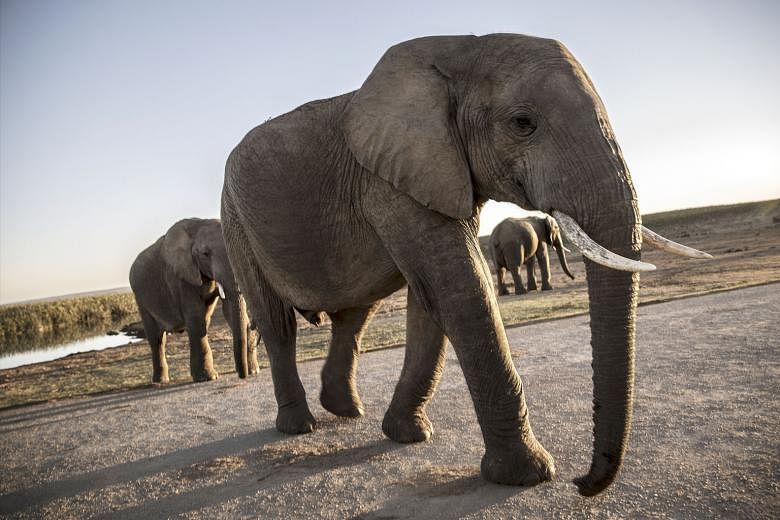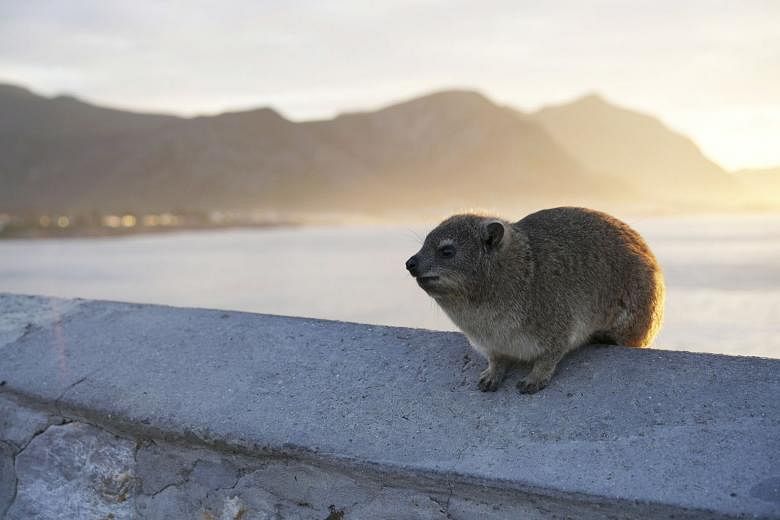Reader, here is an incomplete list of things you should not try with elephants: a memory contest, jump rope and castration.
See, in addition to having uncanny recall and a firm relationship with gravity, elephants have their testicles nestled deep within their bodies, all the way up near their kidneys.
Already a subscriber? Log in
Read the full story and more at $9.90/month
Get exclusive reports and insights with more than 500 subscriber-only articles every month
ST One Digital
$9.90/month
No contract
ST app access on 1 mobile device
Unlock these benefits
All subscriber-only content on ST app and straitstimes.com
Easy access any time via ST app on 1 mobile device
E-paper with 2-week archive so you won't miss out on content that matters to you


